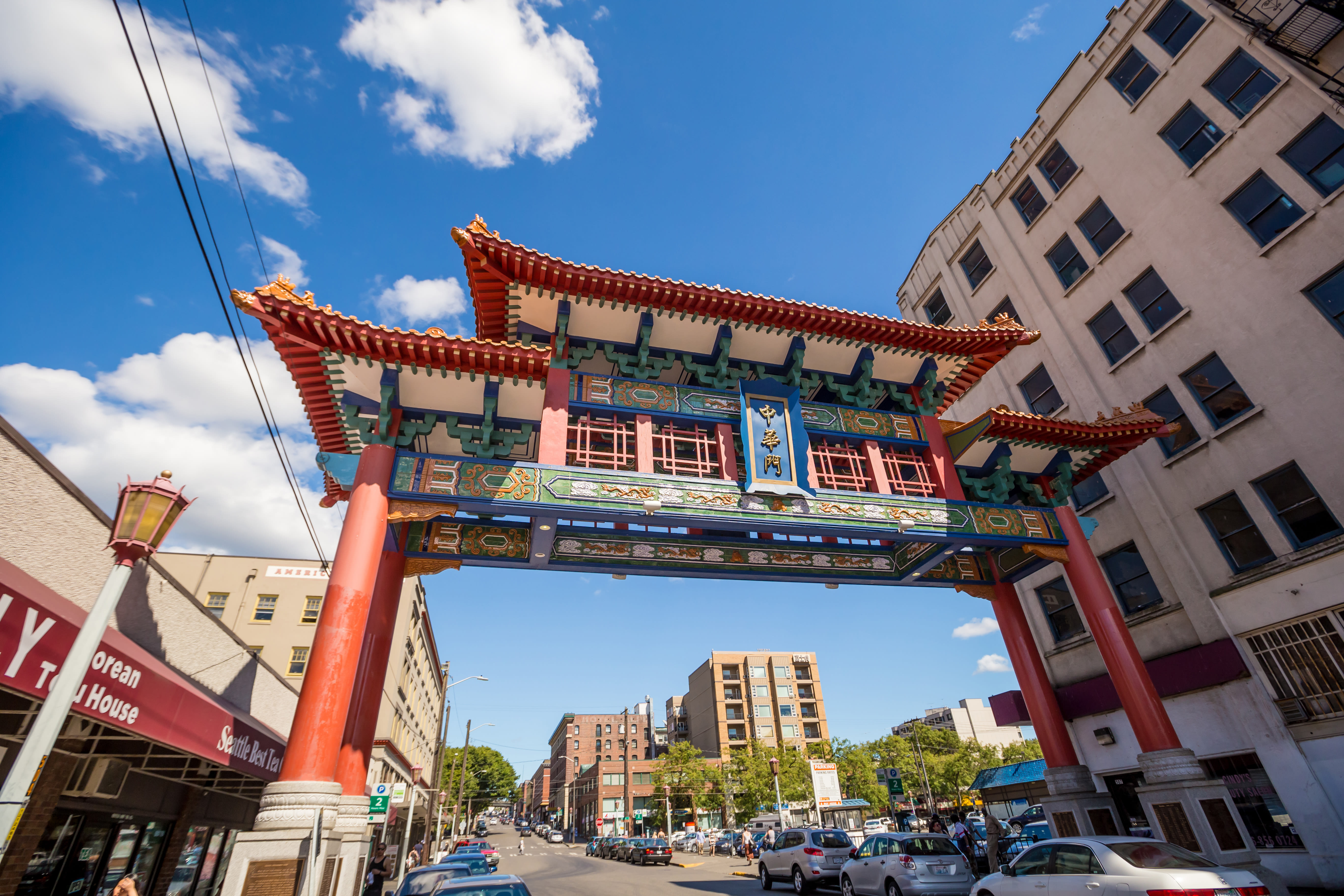Washington State AG Ferguson Wins Major Campaign Finance Case Against Grocery Association

1. The Thurston County Superior Court issued a major ruling yesterday against the Grocery Manufacturers Association, the DC-based non-profit trade group that advocates for the grocery industry; the GMA helped defeat I-522, a GMO labeling initiative here in 2013, spending $22 million to help the official No campaign.
Yesterday’s ruling said the GMA had violated Washington state campaign finance law by failing to disclose the donors behind its own contributions to defeat I-522.
After a group supporting I-522, “Moms for Labeling,” complained that the anti-I-522 campaign’s biggest listed backer, the GMA, was likely funneling money from big food companies to the campaign, Washington state attorney general Bob Ferguson used his subpoena power to uncover a scheme at the GMA to flout Washington state campaign law by camouflaging campaign donors. Our state law says that if anyone or any group is raising money specifically for a political campaign they have to register as a political committee and disclose their donors. The GMA was masquerading as a simple donor to the official no on 522 campaign, but was actually explicitly raising money itself from its members to the tune of $11 million to beat I-522. The GMA could have spent its own money against I-522, which certainly would have included its regular support from its membership, but when the GMA started raising more money from its members with the stated intent of beating I-522, they crossed the line.
With the results of Ferguson’s subpoena showing that the GMA had gone as far as setting up a specific, separate account to beat I-522 called “Defense of Brand Strategic Account,” the GMA was forced to register its own anti-522 political committee with the state and, in turn, list its donors for the public to see. That list included big contributions from companies such as PepsiCo ($1.6 million, Coke ($1 million), and Nestle ($1 million).
However, as Ferguson frets, that disclosure happened late in the election, which enabled the no effort to downplay the specifics of its corporate support for most of the campaign.
Superior Court Judge Anne Hirsch issued an $18 million fine against the GMA, the largest campaign finance fine in U.S. history, noting both that the GMA knowingly broke the law that GMA CEO Pamela Bailey behaved like a jackass in the courtroom (“Bailey often would not answer direct questions and frequently answered questions with questions of her own, and gave lengthy explanations that appeared designed to lecture the court and counsel for the State.”)
I’d like to use this opportunity to point out that the important difference between Washington state’s own campaign finance laws and federal campaign finance laws, governed by Citizens’ United is not that our laws bar unlimited corporate giving, but rather: Our laws require disclosure. Under our laws, corporations and unions and advocacy groups could always, and still can, donate as much as they want to initiative campaigns or to independent expenditure campaigns for or against a certain candidate. However, unlike Citizens United rules—which allow corporations to similarly contribute unlimited cash to electioneering groups—our rules mandate that those electioneering groups must identify the contributions. Citizens does not.
2. Meanwhile, in 2016 election news: With five days to go before election day, 1.4 million ballots, a full third of Washington’s registered voters, or 33.2 percent, have been sent in. King County is currently at 33.6 turnout.
And for those obsessed with ST3: Pierce is at 30.9 and Snohomish is at 26.




